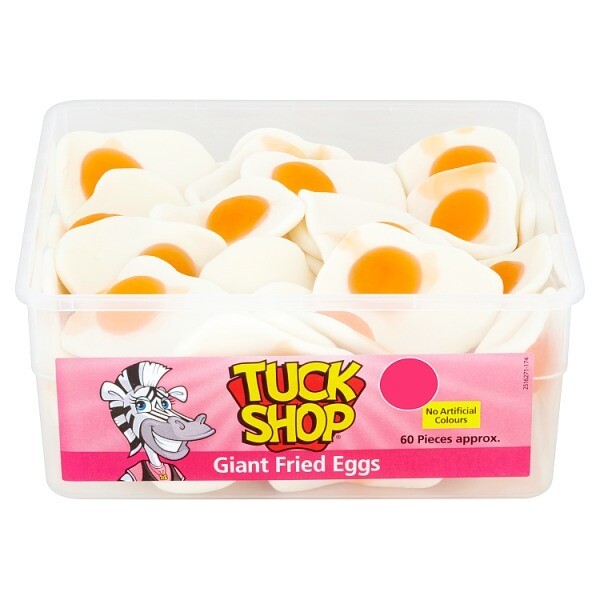

Fishermen bleach the eggs off lobsters in order to make a profit.

Again and again, we are given examples of how danger and death are inherent in motherhood. Gilliss evokes the landscape and ecology of the island with a naturalist’s loving eye, yet beneath the surface harmony runs an undercurrent of imminent disaster. Occasionally, Agnes goes out with Paul and Sharon, and Tuck soon discovers that they bring the lobsters to a place on the mainland called “the pound.” She realizes that Paul did not keep his promise to remain on the island. Soon other revelations about her husband begin to shake Tuck out of her torpor, and the fragile family, so long barely holding it together, finally begins to fall apart. Days go by when they don’t collect at all, and a familiar fear greets Tuck. However, with the changes of the weather, the daily cash intake either swells or shrinks. For a time, it seems that they might be able to afford an apartment by winter. For 10 hours a day, he helps Sharon, bringing home scrawny lobsters missing legs. Tuck makes Paul promise that he will never leave the island and that he will give Tuck all of his earnings. Once Paul manages to get clean, he begins to help a middle-aged woman named Sharon pull lobster traps. Tuck boils green crabs, devil’s apron, and bladder wrack. They supplement their meals with what is safe to eat around them. They wait for emails from the executor or from her father. A complete reversal of position has taken place, with Paul sequestered on the tiny island while Tuck is now responsible for the family’s maintenance and survival. One day, while searching through her grandmother’s house, Tuck finds her father’s old money-making scheme, a kit to make silly bumper stickers, which she tries to sell to consignment stores. On the mainland, they use a computer in the library to hunt for jobs and apartments. Rather than question what is happening to him, Tuck and Agnes spend their days gathering sustenance on the island, tossing everything that can be recycled into bags to bring to the store for cash. He shakes and chatters and screams in the night. Despite his promise to shop for groceries on the mainland, Paul returns only with things that can be purchased at a gas station: graham crackers, peanut butter, instant noodles.Īfter about two weeks on the island, Tuck finds a hidden cache of 82 plastic bags crammed with kratom, an herbal substance with stimulant and hallucinogenic properties. Despite the fact that there is no such thing as kratom withdrawal, Paul, once he stops going to the mainland, begins to experience severe physical symptoms. While they wait for Paul’s return, they consume their meager reserves: brown bread, cheese, a pickle. Adapting easily, Agnes blossoms in the natural environment, propelled by curiosity and wonder. As they learn what it is like to live outside of a city, they can save up to buy their own place in the country. During the day, after Paul leaves for work, Agnes and Tuck explore the island, consulting field guides to name the plants and wildlife they encounter: chanterelles, eelgrass, jackknife clams, hawkweed. The island is meant to offer a pause, allowing Tuck to spend time with Agnes while Paul gets a new job. So, they take what can fit in the car and leave Pittsburgh, eager to spend time on the island until it becomes too cold or her late grandmother’s executor finds out, whichever comes first. I miss you.” - than to question his frequent absences and their rejected credit cards.

It is easier to accept Paul’s reasoning - “You’re unhappy. Her grandmother - also named Agnes - lived there, and it was Tuck’s favorite place, though she has not set foot there since she was 15.

This neglect and abandonment forced Tuck to become resourceful at an early age and perhaps informs her fervent desire to maintain her own family with husband Paul and daughter Agnes at all costs.Ī week after Tuck’s grandmother dies, Paul proposes that they move to an uninhabited island off the coast of Maine. Her mother left the family when Tuck was a child, and her father left her alone with her younger brother Conrad while she was in high school. Facing a range of natural and manmade dangers, Tuck treats everything, from tides to emails, with a penetrating attention diluted by hunger and exhaustion. “I’M HAVING A hard time keeping track of everything - what should cause dread, and what shouldn’t,” claims Tuck, the protagonist of Meghan Gilliss’s gorgeous and formally innovative debut novel, Lungfish.


 0 kommentar(er)
0 kommentar(er)
